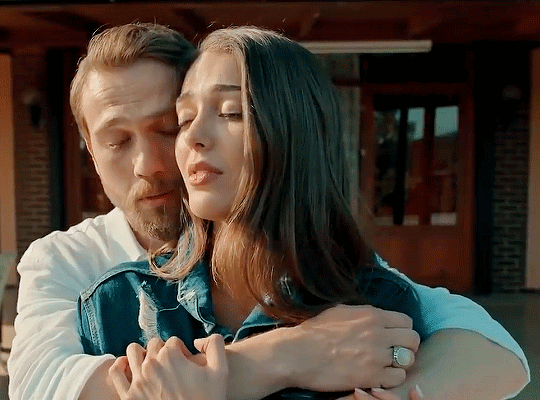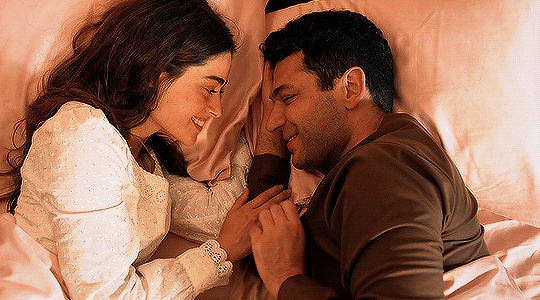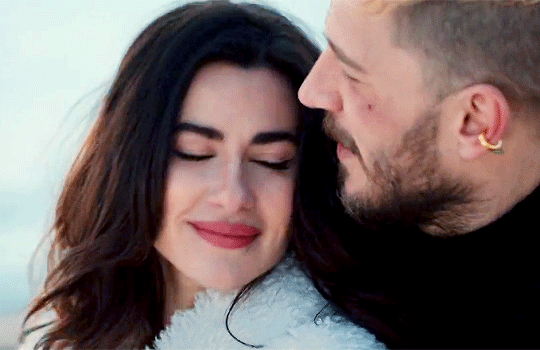#yakmon
Text
💕💓 dizi ships 💓💕


















pairings used:
yamaç x sena (çukur), akgün x yağmur (son yaz), eda x serkan (sen çal kapımı)
efe x leyla (üç kuruş), aziz x efnan (aziz), soner x naz (son yaz)
ramo x sibel (ramo), ceylin x ılgaz (yargı), bahar x kartal (üç kuruş)
sarp x melek (içerde), ömer x rüya (alev alev), sinan x ışık (aşk 101)
mahur x celâl (maraşlı), nihan x kemal (kara sevda), cemre x kerem (çarpışma)
mona x yakup (kusursuz kiracı), eylem x mert (içerde), kuzgun x dila (kuzgun)
#yasen#akmur#edser#efley#azef#rambel#bahkar#sarmel#omru#ilcey#mahcel#yakmon#eymer#kuzdil#çukurdizi#son yaz#sen çal kapımı#üç kuruş#içerde#aziz#ramo#yargı#aşk 101#çarpışma#alev alev#kara sevda#maraşlı#kusursuz kiracı#kuzgun#turkish dizis
22 notes
·
View notes
Text
FAMILY - WATER-ESE
This is the first part of a series about family names, answering this question:
“What are family members called in each language, like Mother, Father, Sister, Brother, Cousin, Aunt, Uncle, Grandmother, Grandfather, and so on?” ~ Anonymous
I though it was too big for a single post.
The word for family is ‘Naya’. Your immediate family is ‘nayahahu’ (family+near) and it also means household. ‘Nayanunu’ is your extended family (family+far) and your ancestry is ‘nayakone’ (family+past).
(Note: ‘hahu’ is ‘nanu’ in Southern Water-ese. In Northern Water-ese, ‘hahu’ changes to ‘hahaw’, ‘nunu’ changes to ‘nawnaw’, and ‘-kone’ changes to ‘-kon’)
The remaining family words are all derived from the following:
Mother – (-n)Nan
Southern: ‘Gran’
Father – Tak
Sister – Gik
Northern: ‘Giq’
Younger brother – Vahn
Northern: ‘Fahn’ | Southern: ‘Van’
Older brother – Vah
Northern: ‘Fah’ | Southern: ‘Va’
Daughter – Tahn
Southern: ‘Tan’
Son – Sham
Northern: ‘San’
Husband – Zha
Northern: ‘Sa’
Wife – Zho
Northern: ‘So’
The word for ‘fiancee’ literally means ‘something that is promised’. Promise is ‘Yakmu’. You remove the ‘-u’ and replace it with the ending of the female 3rd-person pronoun, ‘(t)on’ so it’s ‘Yakmon’ and then you add the ‘-kes’ suffix. This turns the verb into a noun which means someone/something that does the verb. Therefore, ‘Yakmonkes’. This word only refers to women.
Southern: ‘Yakmoonke’
From here you simply combine them.
The mother of your mother (your grandmother) is ‘Nannan’ or ‘Grangran’.
The husband of the sister of your father (your uncle) is ‘Sagiqtak’ or ‘Zhagiktak’.
The son of a sister of a father of your mother (your first-cousin once-removed) is ‘Sangiqtaknan’ or ‘Shamgiktakgran’.
Et cetera, et cetera.
Another fun thing is the word for ‘twin’. It is ‘(sister/older.brother/younger.brother)+mirror’ or ‘(gik/vah/vahn)+marka’
Twin sister - ‘Giqmarka’ or ‘Gikmorka’
Older twin brother - ‘Fahmarka’ or ‘Vamorka’
Younger twin brother - ‘Fahnmarka’ or ‘Vanmorka’
If they’re non-identical twins you can add ‘-nik’ (not) to the end so you have a non-mirroring sibling. If they’re triplets you add ‘-roon’ (another). If you have more than three then you keep adding ‘-roon’.
Just a little note: The in-universe reason for there being a separate word for ‘older brother’ and ‘younger brother’ but not with ‘sister’ is a quirk of the language from the Water Tribe’s history with sexism but on a meta level, it’s because I myself have a twin sister and I shall never admit she is older, even in a conlang ;)
#water conlang#conlang#constructed language#avatar#atla#lok#the last airbender#answered#legend of korra
18 notes
·
View notes